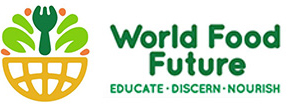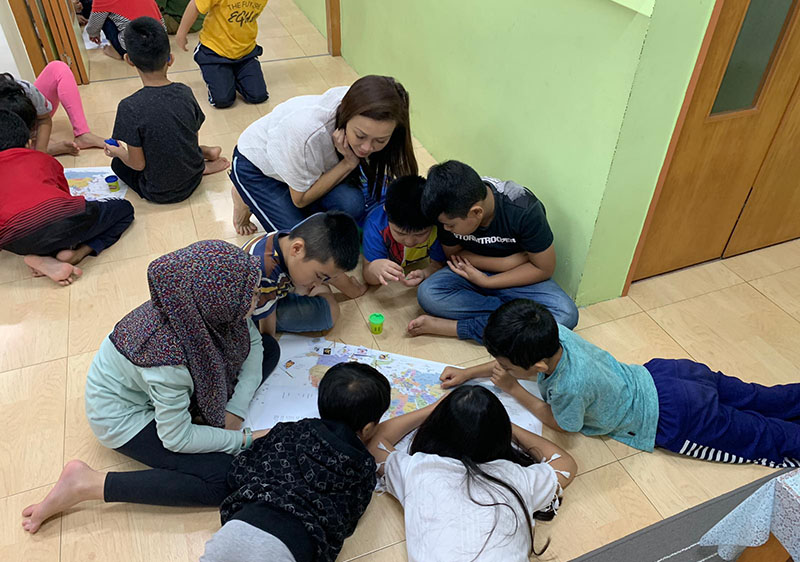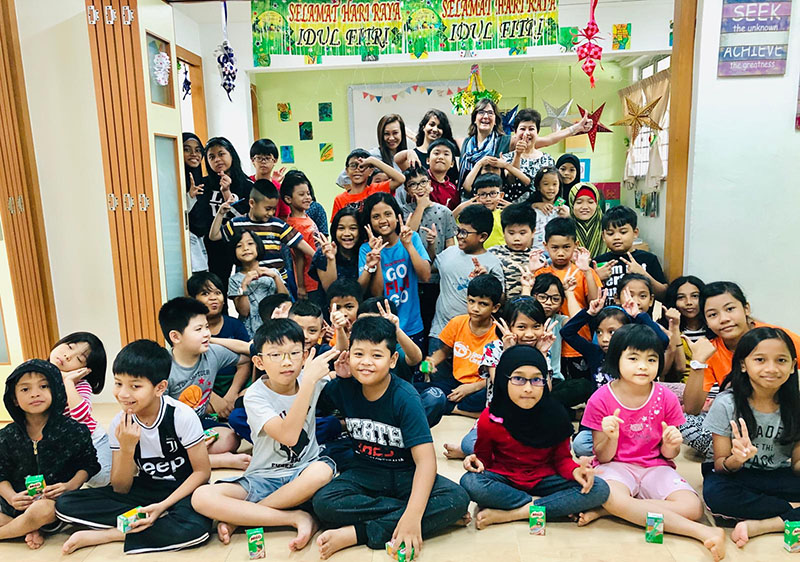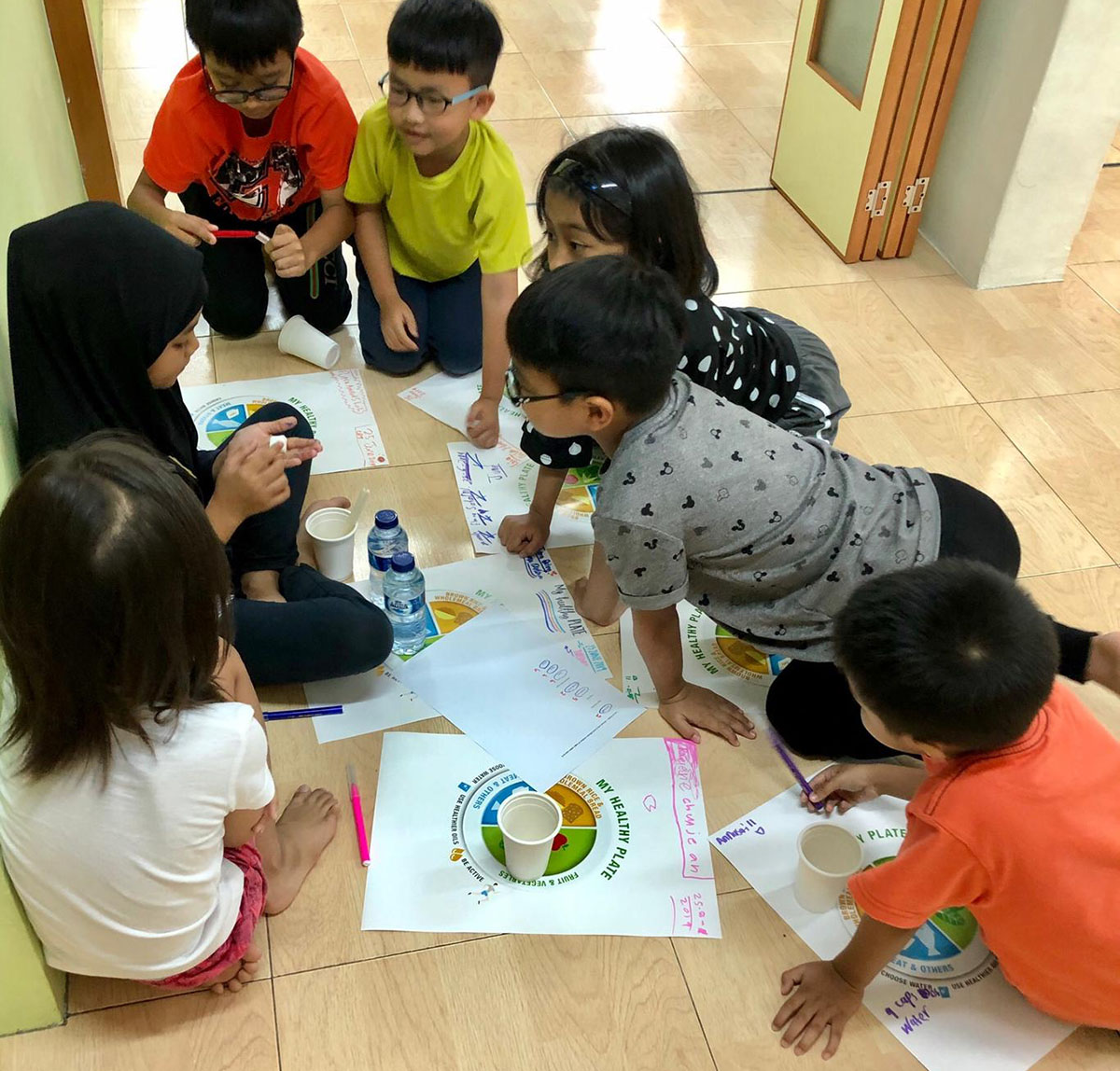FoodSteps is a free school nutrition education programme for Singapore kids aged 7 – 12 mainly funded through Halo Health Asia’s annual conference World Food Future (WFF).
“FoodSteps’ vision is that every child – regardless of socio-economic status – understands what they eat so as to be able to make good food decisions for their health”
FoodSteps was launched in July 2019. As at Dec 31, 2019, FoodSteps has been successfully taught to 360+ kids including schools and Family Service Centres in Singapore.
From 2019, the FoodSteps programme has been partly co-funded by the Health Promotion Board (HPB) through the Tote Board. From 2020, NTUC Fairprice is sponsoring 10K in vouchers for children to learn about food and purchase food – at all their outlets – to make a healthy meal.
The FoodSteps programme aims to augment the Ministry of Education (MOE) national nutrition education pedagogy already taught in Singapore primary schools. FoodSteps will focus on fun and interactive workshops (building upon student’s social studies, math and science classes) with an Asian perspective, further strengthened by out-of-school based learning eg. supermarket visits or urban farm visit.
The Asian perspective is vitally important as we have found that the vast majority of children literature pertaining to nutrition, is Western food focused.
FoodSteps also aims to connect the dots between food nutrition and food sustainability, in addition to food waste.
The FoodSteps programme was developed in-house under the continued guidance of our FoodSteps advisors. To maintain the integrity of our programme, we draw upon the expertise of a number of key partners such as the Health Promotion Board and use a wide array of information sources from around the world.
By combining the rigour of expert nutrition advice with the discipline of educational pedagogy, our programme is uniquely Asian, up-to-date and fact-based tying in important elements in the circular food economy.
The FoodSteps programme hopes to:
The programme will help teach Singapore kids the rudiments of making healthy food choices in a fun and interactive format, reinforcing learnings and bringing new perspectives to kids’ relationships to food.
FoodSteps is a modular educational format consisting of 3 main modules broken up into 2 sections each. Each module is estimated to be completed in 60 minutes for a class size of 35-40 with ideally 2-3 volunteers facilitating.
The programme is developed such that it can either be run as individual modules (the school chooses to run it one off for just for one level) or as a tiered programme across different ages (run at different levels for the same students every year to keep the engagement and learning sustained). As it progresses, the activities get more complex and the final tier (for the oldest students) involves a field trip.
The breakdown of modules is as follows –
1A/1B: Breakfast – understanding historical and cultural choices of foods, charting a balanced meal, focus on Singapore and the ideal meal to kickstart the day. / Basic understanding of how much food waste in a meal.
2A/2B: Lunch and healthy plate, sugar/low GI, snacks & liquids (water) / Proper disposal of food waste.
3A/3B: Dinner: Visiting a supermarket, understanding food labels and how to prepare an affordable healthy meal. / How supermarkets dispose of food waste.
Each module segment can be tied into the main subject in the teaching syllabus eg. social studies (geography and history), science or math. Thus, it could be an extension of a subject class as an application/applied tool for further subject understanding.
If you would like to bring this programme to your school, please reach out to [email protected].


























